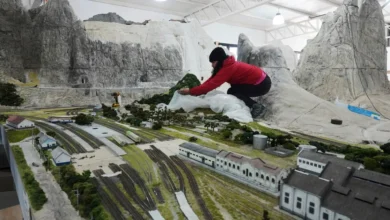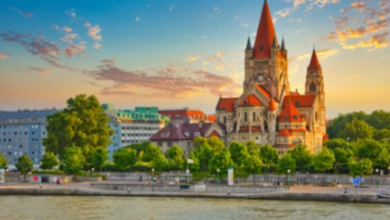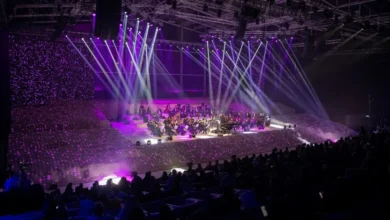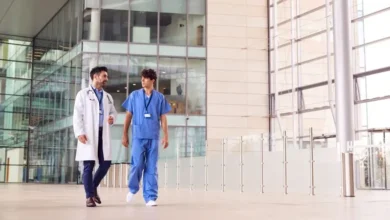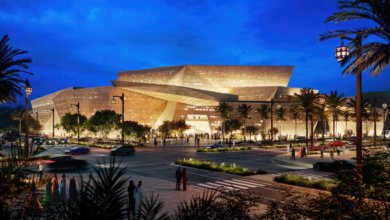Libya’s theater makes a comeback after years of turmoil
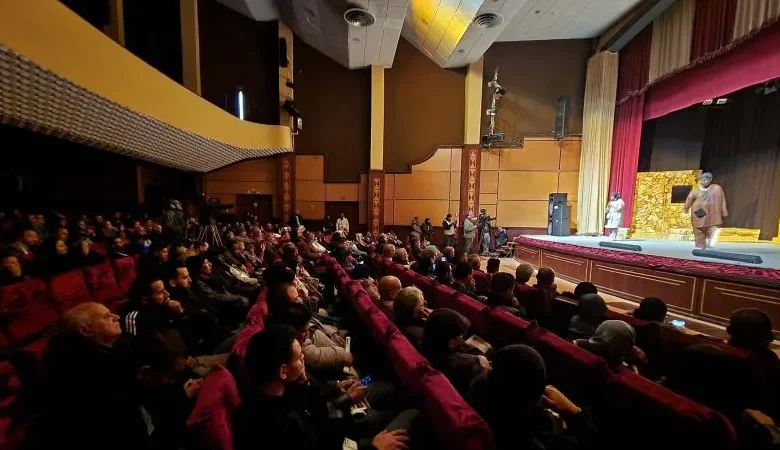
In a powerful display of resilience and artistic expression, Libya’s National Theater Festival made a triumphant comeback in Tripoli after a 15 years long hiatus. The festival, which last took place in 2008, had been scheduled to return four years later but was disrupted by the NATO-backed uprising.
Now, against a backdrop of political division and ongoing challenges, the festival’s revival represents a renewed sense of unity and hope for the Libyan people.
The festival featured performances from 11 cities across Libya, including the predominantly silent play “Hassituha” (You Felt It) from eastern Libya. The play symbolizes the country’s deep divisions between the west and east and touched the hearts of over 1000 audience members. Through gestures and non-verbal expressions, the actors conveyed the suffering caused by chaos, poverty, and political corruption that have plagued Libya despite its oil wealth.

Directed by Ali al-Qadiri, “Hassituha” struck a chord with spectators, highlighting the everyday struggles faced by ordinary Libyans, including a lack of opportunities and economic stagnation. Muhammad al-Khaitouni, a viewer, noted that some audience members were moved to tears by the actors’ performances, emphasizing how effectively the play communicated its meaning.
Anwar Alteer, the director of this year’s festival, emphasized the importance of celebrating talented artists and rekindling the passion for theater in Libya. Over 60 playwrights and performers participated in the festival, bringing thought-provoking performances that reflected on the aftermath of Kadhafi’s fall and the ensuing chaos.

The festival was not without its challenges, with Libya still grappling with political divisions, economic hardships, and the recent devastation caused by a flash flood in Derna. However, artists from groups like “Ajyal” (Generations) expressed optimism about the revival of Libyan theater. Salwa al-Maqsabi, a Libyan actress, highlighted the unifying power of theater, stating that it can bridge divisions that politicians have failed to overcome.
The return of the National Theater Festival was made possible through the support of the Tripoli-based government, which funded the event and demonstrated its commitment to promoting arts and culture. Abdel Basset Buganda, undersecretary of the Libyan culture ministry, expressed his belief in the lasting momentum of Libyan theater, acknowledging the challenges it has faced due to neglect and political strife.



